The Rishikesh Yoga Valley’s 300-hour teacher training in Rishikesh invites dedicated practitioners to step into a life-changing odyssey of study and self-inquiry.
Nestled between the towering Himalayas and the eternal Ganges, this program expands on the 200-hour foundation, diving more deeply into the living stream of yoga wisdom.
With curriculum modules covering refined asana, sophisticated pranayama, meditation, living philosophy, detailed anatomy, and empowering teaching strategies, trainees are urged to penetrate the nuances of their practice and to appreciate yoga’s entire spectrum of healing and integration.
Guided by seasoned teachers whose own journeys continue to unfold, every participant enters a nurturing container of self-discovery, learning how to weave yogic principles seamlessly into action, speech, and daily choice.
Surrounded by the sacred vibrations of Rishikesh, students cultivate stability, depth and clarity, and return transformed: confident, articulate, and competent teachers, ready to light the way for future seekers on their own unfolding journeys.

300 Hour YTTC Fees
$899
Triple Shared Room
$1250
Double Shared Room
$1350
Private Room Occupancy
Course Duration | 28 Days
Medium of Teaching | English

INCLUSIONS :
EXCLUSIONS:
• Flight Tickets: Airfare to and from India is not included.
• Ayurvedic Massage: Available for Indian students at an additional cost.
• Personal Expenses: Any personal expenses incurred during the stay.
• Sunday Meals: Not provided, as Sundays are designated for outings and excursions, allowing participants to explore and enjoy local cuisine at their own expense.
• Unlisted Items: Any items or services not specified in the inclusions list.
Session | Time | ||
|---|---|---|---|
Pranayama | → | 06:00 AM To 6:45 AM | |
Hatha Yoga Asana | → | 07:00 AM To 8:30 Am | |
Breakfast & Rest | → | 08:30 AM To 09:45 AM | |
Philosophy | → | 10:00 AM To 11:00 AM | |
Ayurveda & Anatomy | → | 11:15 AM To 12:15 PM | |
Adjustment-Alignment | → | 12:30 PM To 1:30 PM | |
Lunch | → | 1:30 PM To 2:00 PM | |
Ashtanga-Vinyasa Asana | → | 4:00 PM To 5:30 PM | |
Tea & Relax | → | 5:30 PM To 6:00 PM | |
Meditation & Mantra Chanting | → | 6:00 PM To 7:00 PM | |
Self Study | → | 7:00 PM To 7:30 PM | |
Dinner | → | 7:30 PM To 8:00 PM |
For International Students
3 - 30 JAN | 15 JAN - 13 FEB
Seats: 5 left
3 FEB - 2 MAR | 15 FEB - 16 MAR
Seats: 7 left
3 - 30 MAR | 15 MAR - 13 APR
Seats: 6 left
3 - 30 APR | 15 APR - 14 MAY
Seats: Available
3 - 30 MAY | 15 MAY - 13 JUNE
Seats: Available
3 - 30 JUNE | 15 JUNE - 14 JULY
Seats: Available
3 - 30 JULY | 15 JULY - 13 AUG
Seats Available
3 - 30 AUG | 15 AUG - 13 SEPT
Seats: Available
165 Hours
Techniques, Training, and Practice
Asana | Assignment | Pranayama | Meditation
30 Hours
Anatomy & Physiology
45 Hours
Yoga Humanities
History | Philosophy | Ethics
60 Hours
Professional Essentials
Teaching Methodology | Professional Development | Practicum
Pranayama
Bandhas (Energy Locks)
Mantra chanting
Kriya and Shatkarma
Hatha Yoga
Yoga Philosophy
Yoga Anatomy
Ashtanga Vinyasa
Asana, a foundational aspect of yoga, encompasses the physical postures practiced to harmonize body, mind, and spirit. Derived from Sanskrit, “asana” translates to “seat” or “pose,” reflecting its meditative essence. Each posture within the realm of asana serves a specific purpose, ranging from enhancing flexibility and strength to fostering mental clarity and emotional well-being. Through mindful movement and breath awareness, practitioners delve into a state of present-moment awareness, cultivating a profound connection with themselves and their surroundings. Asana not only nurtures physical health but also offers a pathway to inner peace and self-discovery, inviting individuals to explore the depths of their being.
Pranayama, often referred to as the “science of breath,” is an ancient yogic practice that focuses on conscious control of the breath to enhance physical, mental, and spiritual well-being. Derived from Sanskrit, “prana” means life force or vital energy, while “ayama” signifies extension or expansion. Pranayama techniques involve various breath control exercises, such as deep inhalation, exhalation, retention, and manipulation of breath patterns. Through disciplined practice, practitioners regulate the flow of prana throughout the body, promoting relaxation, clarity of mind, and increased vitality. Pranayama serves as a gateway to self-awareness and inner transformation, offering profound insights into the interconnectedness of breath, energy, and consciousness.
Yoga philosophy encompasses ancient wisdom that transcends physical postures, extending into a holistic framework for living a balanced and fulfilling life. Rooted in the teachings of ancient texts like the Yoga Sutras of Patanjali and the Bhagavad Gita, yoga philosophy explores profound concepts such as self-realization, karma (the law of cause and effect), dharma (one’s purpose or duty), and the interconnectedness of all beings. It offers practical guidance on ethical principles, self-discipline, mindfulness, and the cultivation of inner peace. Central to yoga philosophy is the notion of union—the harmonious integration of body, mind, and spirit—leading practitioners on a journey of self-discovery, transformation, and ultimate liberation.
Satkarma refers to a set of purification techniques in yoga aimed at cleansing the body and mind. Derived from Sanskrit, “sat” means ‘six’, and “karma” means ‘action’. These practices are designed to eliminate toxins, promote balance, and enhance overall well-being. Satkarma techniques include practices such as neti (nasal cleansing), dhauti (cleansing of the digestive tract), basti (colon cleansing), and trataka (gazing). Each technique targets specific areas of the body, facilitating detoxification and rejuvenation. By incorporating satkarma into their routine, practitioners can experience improved physical health, mental clarity, and a deeper sense of inner purity, supporting their journey towards holistic wellness.
Yoga anatomy delves into the intricate understanding of the human body’s structure and function as it relates to yoga practice. It explores how different yoga poses affect muscles, bones, joints, and organs, emphasizing alignment principles, movement patterns, and biomechanics. Understanding yoga anatomy helps practitioners optimize their practice, preventing injuries and maximizing benefits. It highlights the importance of body awareness, breath control, and mindful movement to enhance flexibility, strength, and overall physical well-being. By integrating anatomical knowledge into yoga practice, individuals gain deeper insights into their bodies, fostering a profound connection between body, mind, and spirit on their journey of self-discovery and holistic wellness.
Mantra chanting, a sacred practice in various spiritual traditions, involves repetitive recitation of specific sounds, words, or phrases imbued with profound meaning and vibrational energy. Rooted in Sanskrit, mantras are believed to have transformative power, affecting both the individual and the surrounding environment. Chanting mantras induces a state of focused concentration, promoting mental clarity, relaxation, and spiritual attunement. Through rhythmic repetition, practitioners align with the universal rhythm, tapping into inner reservoirs of peace, joy, and wisdom. Mantra chanting serves as a potent tool for self-healing, personal growth, and connecting with the divine, fostering a deep sense of inner harmony and interconnectedness with the cosmos.
Meditation is a transformative practice that cultivates mindfulness, inner peace, and self-awareness. Rooted in ancient traditions, it involves the intentional focus of attention, often on the breath, sensations, or a specific object or mantra. Through regular meditation, individuals develop mental clarity, emotional resilience, and a profound sense of presence. This practice allows for the observation of thoughts and feelings without judgment, fostering a deeper understanding of oneself and the nature of reality. With consistent practice, meditation offers numerous benefits, including stress reduction, improved concentration, and enhanced overall well-being. It serves as a doorway to inner stillness, where one can find refuge from the chaos of the external world and discover the limitless potential of the human mind and spirit.
Recommended Books for 300 Hour Yoga Teacher Training Course
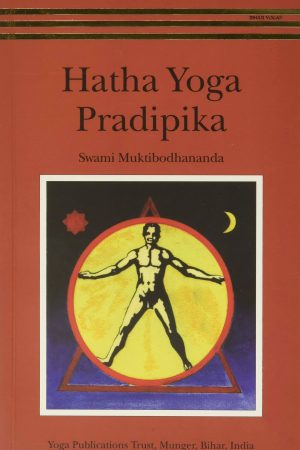
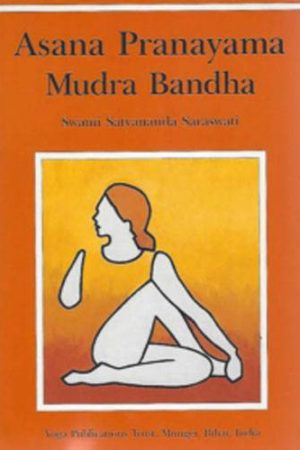
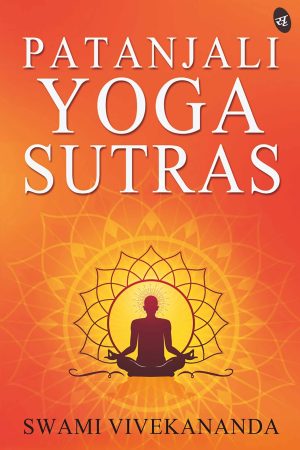
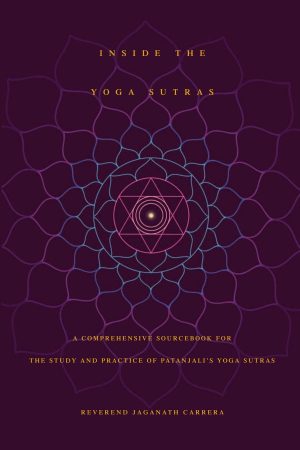

Our Other Yoga TTC

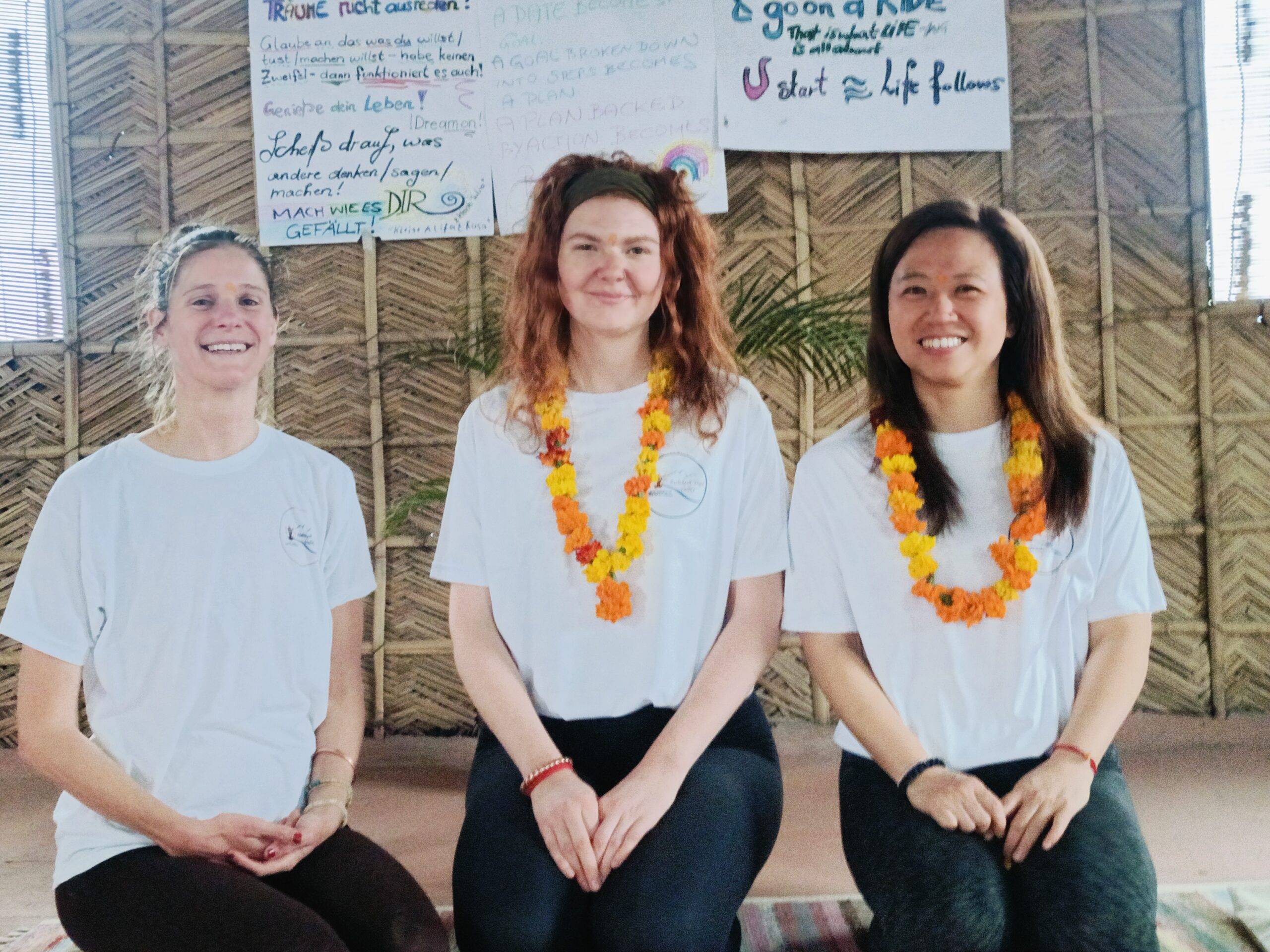
Beginner
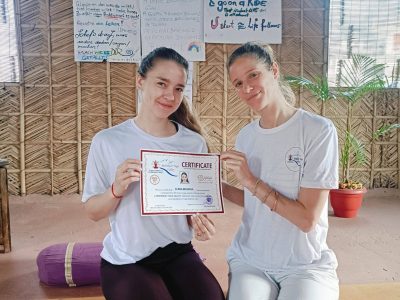
Beginner & Intermediate

Beginner & Intermidiate
Rishikesh Yoga Valley School
Rishikesh Yoga Valley is a Registered Yoga School in Rishikesh, founded with the determination to share the pure and profound knowledge of yoga. We are registered with Yoga Alliance USA and offer a variety of Yoga Courses, including 100 Hour Yoga Teacher Training in Rishikesh, 200 Hour Yoga Teacher Training in Rishikesh, 300 Hour Yoga Teacher Training in Rishikesh & variety of Yoga Retreats in Rishikesh. We provide authentic yoga teacher training courses in Rishikesh, India. Visit Yoga Teacher Training Courses Fee in Rishikesh page for course date, schedule, and rate.
Contact Info
Address – Rishikesh Yoga Valley, ram jhula Yoga Village Road, Rishikesh, Uttarakhand 249304
Call/Whatsapp – +91 97601 79200
Mail – info@rishikeshyogavalley.com
WhatsApp us